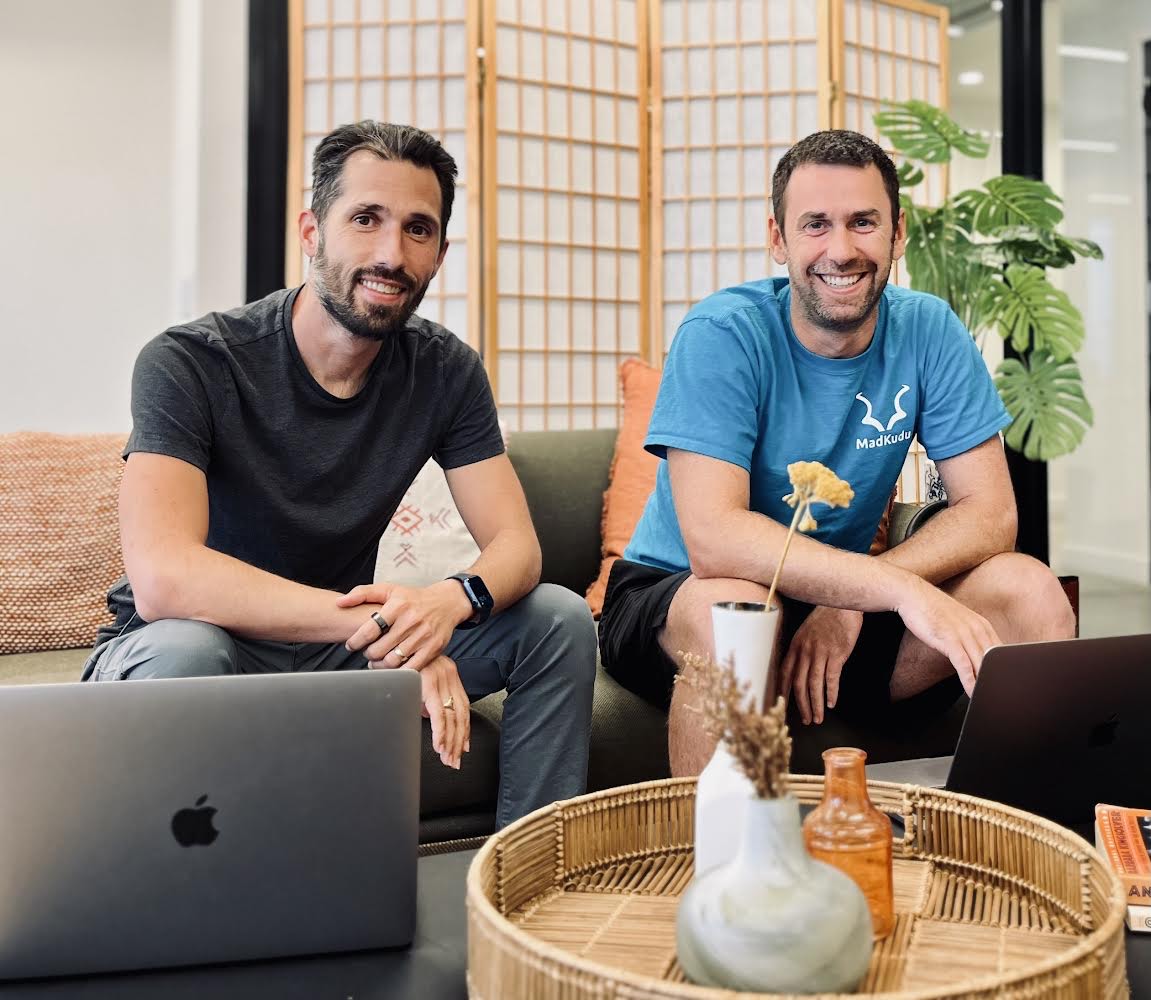MadKudu lands $18M led by Felicis for its lead scoring platform • ZebethMedia
It’s hard to get ahead when you’re just trying to stay afloat. But startups weathering the downturn with fewer employees and a smaller budget are finding ways to survive and move forward by relying on a 15-year-old twist on software adoption called “bottoms-up” SaaS. The idea, dating back to the enterprise social network Yammer, is that new software tools can find their way into a company by landing first in the hands of employees. In a financial downturn especially, the model is attractive because it doesn’t rely on a massive (expensive) salesforce but rather a groundswell of interest. Yammer, a kind of social network for enterprises, kicked off the wave when it was founded in 2008. Something similar is happening now, though the wave has been renamed “product-led growth” or PLG, and one startup that fits the mold is MadKudu, an eight-year-old, Paris- and New York-based company behind a customer data platform product. Founded by Sam Levan and Francis Brero, who met at a since-acquired predictive marketing platform, they realized more data science was needed to help sales reps sift through thousands of product users to identify who is ready to buy. According to the company, Levan was able to show soon after that growth teams could double their free-to-paid conversion rate within weeks and got to work on developing tech that would give other organizations “data science superpowers” to discover revenue opportunities, including those with severely limited engineering resources, which, these days, is a lot of startups. Asked for metrics in an interview with ZebethMedia last week, Levan declined to share anything concrete but said that MadKudu has been growing its numbers by “5x over the last 12 months.” He also mentioned a lot of customers whose brands readers will recognize, including Dropbox, Cloudera, Amplitude, Plain, Unity, and Miro. Levan also said the traction the company is seeing led to a flurry of term sheets recently that resulted in a new $18 million Series A round that the early-stage firm Felicis led, joined by BGV, Alven, Techstars, and numerous individual investors. (The company has now raised $27 million altogether.) Niki Pezeshki, a general partner at Felicis who led the deal, meanwhile suggested that he would have been remiss not to notice MadKudu. “I think in the span of a week or two, we had two separate board meetings where the go-to-market head or the CRO said that they had just implemented MadKudu and that it was making a really, really positive change for their go-to-market strategy, especially around PLG. And when you hear that from two different members of high-performing companies, you definitely take notice.” Indeed, for now, MadKudu remains very focused on lead scoring that helps salespeople understand which leads are valuable and which would be a waste of time to chase. Levan claims that by analyzing the product usage data of its customers to find patterns in their users’ activity, MadKudu now has the “largest PLG data set in the world.” Going forward, Levan said last week, the idea is to use its fresh capital to triple its 35-person team by next year — including to beef up on customer success and support staff — and to invest more time and attention into improving the user experience. That includes spending time on creating educational programs that can help market leaders better understand what PLG is all about and how to fully realize the potential of MadKudu’s product specifically. “We already have the best technology out there,” said Levan, without sounding completely obnoxious. Now he just wants more people to use it. Pictured above, from left to right, MadKudu founders Sam Levan and Francis Brero.

